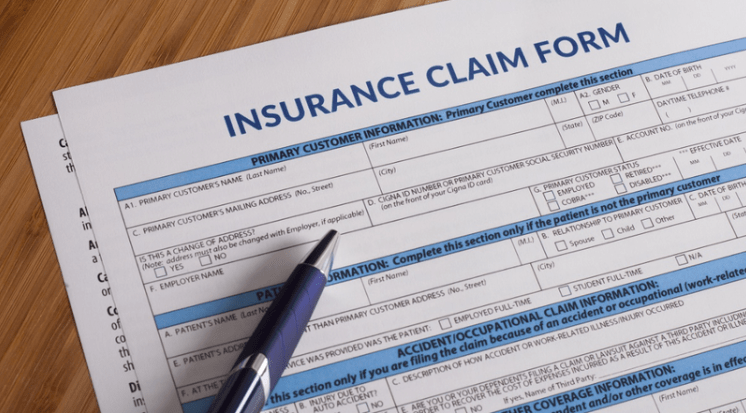renters insurance, cover, protection, personal property, liability, additional living expenses, policy, benefits, damage, loss, belongings, theft, fire, provider, coverage, peace of mind, deductible, claim, replacement, value, tenant
Understanding Renters Insurance
renters insurance, cover, protection, policy, benefits, provider, tenant, peace of mind
Renters insurance offers essential protection for tenants by covering losses related to their belongings, liability, and additional living expenses. This type of policy is designed for individuals renting an apartment, house, or condo, offering peace of mind in the event of unexpected incidents. For a modest monthly premium, renters insurance provides a safety net, ensuring tenants have financial support when they need it. With coverage options available through various providers, renters can choose policies that best fit their needs and budgets.
Personal Property Coverage
personal property, renters insurance, belongings, protection, coverage, loss, theft, damage, fire, replacement, value
Personal property coverage is one of the primary components of renters insurance, safeguarding belongings in case of loss, damage, or theft. This coverage applies to items like furniture, electronics, clothing, and appliances. Whether caused by a fire, vandalism, or other covered events, personal property coverage helps renters replace damaged or stolen items. Some policies provide replacement value coverage, allowing the tenant to receive the cost needed to buy new items rather than a depreciated amount. With this protection, renters have the financial backing to recover quickly after a loss.
Liability Coverage
liability coverage, renters insurance, protection, policy, tenant, personal liability, damage, injury, claim, benefits
Liability coverage is another critical aspect of renters insurance, providing protection if the tenant is held responsible for causing injury to others or damaging someone else’s property. For example, if a guest is injured in a renter’s apartment, liability coverage can help pay for their medical bills. Additionally, this coverage may extend to damages the tenant causes to the landlord’s property, such as accidental fire or water damage. Liability benefits ensure that renters are protected against unexpected claims and legal expenses, offering a safety net for both financial and personal situations.
Additional Living Expenses (ALE) Coverage
additional living expenses, ALE, renters insurance, coverage, policy, benefits, tenant, protection, temporary housing, loss
Additional Living Expenses (ALE) coverage helps renters manage costs if their rental unit becomes uninhabitable due to a covered event, such as a fire or severe damage. ALE benefits cover temporary housing, food, and other necessary expenses while repairs are being made. This aspect of renters insurance provides essential protection by allowing the tenant to maintain their quality of life even when displaced. Without ALE coverage, renters would have to shoulder these costs on their own, making this a valuable benefit of renters insurance.
What Renters Insurance Does Not Cover
renters insurance, exclusions, natural disasters, coverage, damage, loss, policy, tenant, limits
While renters insurance offers comprehensive coverage for many types of loss and damage, certain events are typically excluded. Most policies do not cover natural disasters like earthquakes or floods; however, some providers offer add-ons or separate policies for these risks. Additionally, renters insurance may have limits on high-value items such as jewelry or artwork, so tenants may need special coverage for expensive belongings. Understanding these exclusions allows renters to make informed choices about their protection and avoid surprises when filing a claim.
The Claims Process for Renters Insurance
claims process, renters insurance, policy, coverage, provider, claim, deductible, documentation, benefits
When filing a claim with renters insurance, tenants must follow the claims process established by their provider. This typically involves documenting the loss with photos, receipts, and a list of damaged or stolen items. The tenant will also need to pay a deductible before receiving any payout. Following the claims process ensures that the tenant can access benefits promptly, helping them recover lost items or manage other expenses covered by their policy. A smooth claims process reinforces the value of having renters insurance and the protection it offers.
Choosing the Right Renters Insurance Policy
choosing, renters insurance, policy, coverage, provider, benefits, value, tenant, protection, peace of mind
Selecting the right renters insurance policy involves considering coverage limits, benefits, and the provider’s reputation. Tenants should assess the value of their belongings and choose a policy that aligns with their needs and budget. Comparing different policies and providers helps tenants find the best balance of protection and cost. Ultimately, a well-chosen renters insurance policy provides peace of mind, knowing they have reliable coverage in case of unexpected events.
FAQs on Renters Insurance Coverage
1. What does renters insurance cover?
Renters insurance covers personal property, liability, and additional living expenses if a tenant’s belongings are damaged, they’re held liable for injuries, or their rental becomes uninhabitable.
2. Does renters insurance cover theft?
Yes, renters insurance generally covers theft of personal belongings, providing financial support for replacing stolen items.
3. What is additional living expenses (ALE) coverage?
ALE coverage helps with temporary housing costs if the rental unit becomes uninhabitable due to a covered event like fire or severe damage.
4. Are natural disasters covered by renters insurance?
Most renters insurance policies exclude natural disasters like earthquakes or floods, although separate coverage may be available through add-ons.
5. How do I file a claim on renters insurance?
To file a claim, document the loss with photos, receipts, and a list of damaged items, and submit this information to the provider along with any deductible payment.



